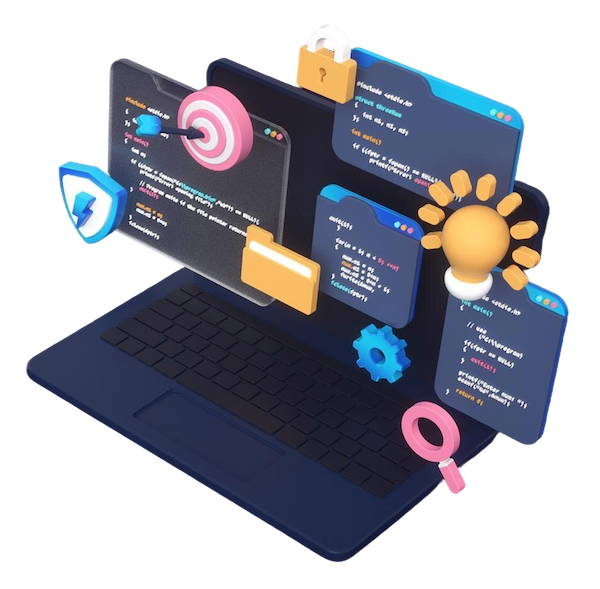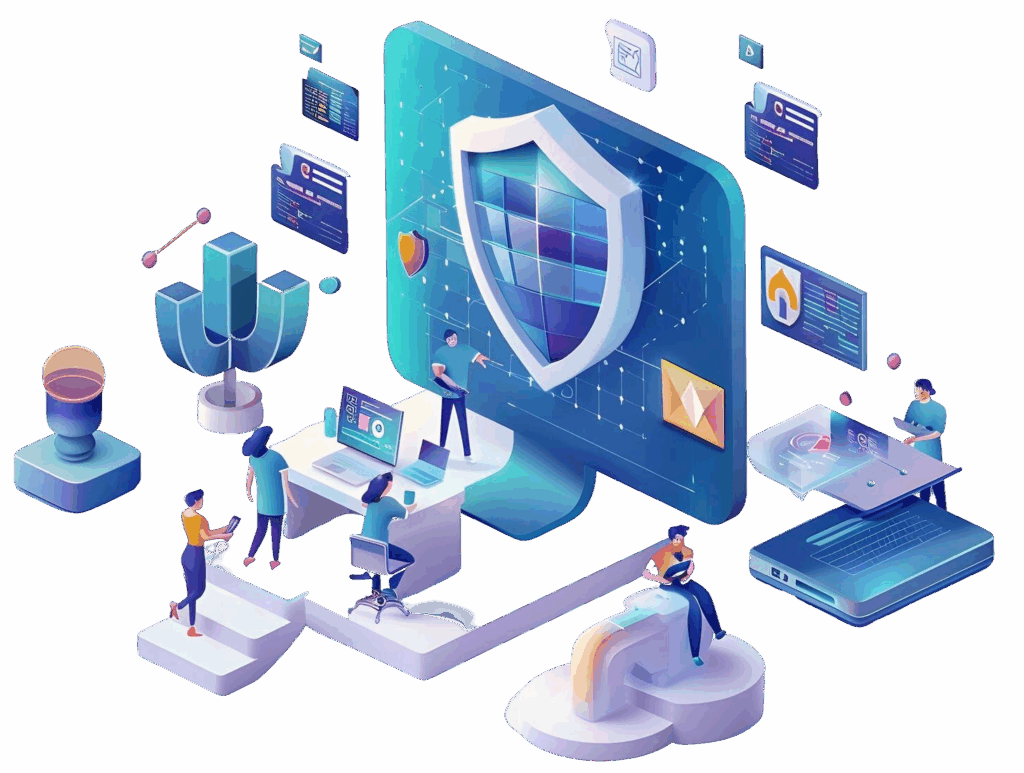RARE TOKEN
Designed to build a global trading and storage network centered on rare earth resources
Project Overview
RARE Token is a cryptocurrency issued by the decentralized autonomous organization RARE DAO. It is designed to build a global trading and storage network centered on rare earth resources. Through on-chain settlement, asset mapping, and smart contract governance, the project aims to enhance transparency, reduce intermediaries in the rare earth market, and provide token holders with governance rights and profit-sharing mechanisms.
The core goal of the RARE Token is to become the new standard unit of value for rare earth trading, linking resource suppliers and demand-side participants, and reducing the cost and trust barriers in global rare earth transactions.

Industry Background & Market Opportunity
Rare earth elements are widely used in new energy, military, electronics, and high-end manufacturing, making them strategic resources of the 21st century. However, the current rare earth market faces issues such as price opacity, supply instability, and inefficient cross-border settlement.
As global demand for electric vehicles, renewable energy, and advanced semiconductors grows, the geopolitical sensitivity of rare earths increases. RARE Token addresses these pain points by leveraging blockchain to enhance trading and regulatory transparency, establishing a digital, trustworthy, and globally accessible value system for rare earth resources.

Core Advantages of RARE Token

Asset Anchoring
Issuance of RARE Tokens is backed by real rare earth trading and inventory data, enabling on-chain value mapping.

DAO Governance
Utilizes a decentralized weighted governance mechanism to balance the interests of resource providers, users, and developers.

Cross-Chain Compatibility
Supports multi-chain deployment and seamless conversion between major public chains and rare earth platforms.

Real Utility
RARE serves not only for governance but also as a medium for settlement, collateral, and supply chain payments.

Sustainable Yield
Revenue from transaction fees, staking rewards, and service income flows back to the DAO treasury, creating long-term value for holders.

DAO Governance Mechanism
RARE DAO is the project’s core decision-making body. It uses a multi-layered weighted voting mechanism based on token holdings, contribution level, and participation frequency. The DAO consists of the core development team, resource verification group, and a voting committee.
The governance process includes: proposal submission → community discussion → token holder voting → smart contract execution.
All governance data is recorded on-chain, ensuring transparency and preventing centralized interference.

Technical Architecture & Smart Contract System
RARE Token is built on an EVM-compatible blockchain with Layer 2 scalability solutions for high efficiency and low fees. The system adopts a modular architecture, with key smart contracts including:
Trading Contract
Facilitates rare earth buy/sell orders, on-chain settlements, and transaction recording.
Staking & Profit Sharing Contract
Allows holders to stake RARE and earn rewards from transaction fees and ecosystem services.
Governance Voting Contract
All proposals, voting, and execution processes are transparently managed via smart contracts.
Asset Mapping Contract
Maps real-world rare earth inventory or certificates to on-chain tokens, enabling two-way asset-token linkage.
The system also supports API access and a cross-chain bridge (RARE Bridge) to integrate with supply chain companies, clearing banks, and other Web3 platforms.

Tokenomics
Token Name: RARE
Total Supply: 1 billion (fixed, no further issuance)
Token Allocation
- 40% – Rare earth resource providers (miners, logistics firms, warehouses)
- 20% – Ecosystem incentives and airdrops for early users
- 15% – DAO treasury reserve
- 15% – Core team and developers (vesting schedule in place)
- 10% – Strategic investors
Release Mechanism:
- Initial release: 25% unlocked at launch
- Linear quarterly release over time
- Team & investor tokens locked for 12–24 months
Token Use Cases:
- Medium of exchange for rare earth spot trading
- Governance voting rights within the DAO
- Staking and reward participation
- Cross-border payment and transaction fee discounts
- Payment for ecosystem services (e.g. insurance, verification, logistics)

Value Proposition of RARE
RARE Token is not just a trading medium but a core asset of the rare earth financial ecosystem, supported by
Asset-Backed:
Each RARE token corresponds to real-world rare earth transactions or reserves.
Sustainable Revenue Streams:
- On-chain transaction fees (0.2–0.5%)
- Supply chain service income
- Data authorization and verification fees
Scarcity and Demand:
Rare earth supply is limited, and global demand is rising steadily. As the sole settlement token, demand for RARE grows with transaction volume.
Governance Incentives:
Participants in governance receive RARE rewards, ensuring ongoing utility and circulation.
Alternative for Cross-Border Settlement:
For emerging economies seeking de-dollarization, RARE offers a fast, low-cost, and regulation-light rare earth settlement channel.

Ecosystem Development
RARE DAO is actively building a full-spectrum ecosystem covering the upstream and downstream rare earth industry, including:
1.
RARE EX
An on-chain spot trading platform for rare earths, supporting miners, enterprises, and investors.
2.
R-SCAN
A traceability system that records mining, logistics, and warehousing data on the blockchain.
3.
RARE Bridge
Supports seamless conversion between RARE and major crypto assets (ETH, USDT, BNB).
4.
Third-Party Certification
Partners with audit firms to provide verification and backing for resource-linked tokens.
5.
RARE Wiki
An educational platform to help users understand rare earth and Web3 integration.

Roadmap
| Time | Milestones |
| Q3 2025 | White paper release, RARE DAO formation, technical testnet launch |
| Q4 2025 | Mainnet launch, staking activation, first batch of miners onboarded |
| Q1 2026 | Launch of RARE EX trading platform, cross-chain bridge deployment |
| Q2 2026 | R-SCAN traceability system goes live, API access for supply chain use |
| Q4 2026 | Long-term supply agreements with Africa and Middle East regions |
| 2027+ | Global expansion, rare earth settlement network rolled out internationally |


Team & Partnerships
RARE DAO’s core members include:
Founders
Experienced in rare earth trade, cross-border payments, and blockchain development
Development Team
Engineers from top Web3 projects with expertise in smart contracts and architecture
Advisors:
- Former partner of a global resource fund
- Rare Earth Industry Association experts
- DeFi governance and crypto regulation consultants
Strategic Partners
Rare earth suppliers, international logistics firms, audit agencies, leading crypto wallets, and data oracles.
Compliance & Risk Disclosure
RARE Token is registered under RARE DAO in a legally friendly offshore jurisdiction. The project uses on-chain governance and open-source frameworks to prevent central manipulation.
Risk Warnings:
- Geopolitical Risks: The rare earth industry is politically sensitive and must avoid interference.
- Market Volatility: Token prices may fluctuate significantly with market sentiment.
- Technical Risks: Smart contracts may face bugs or attacks.
- Regulatory Risks: Regulatory stances on digital assets vary by country.
The team will conduct regular legal reviews and adapt to global policy changes.
